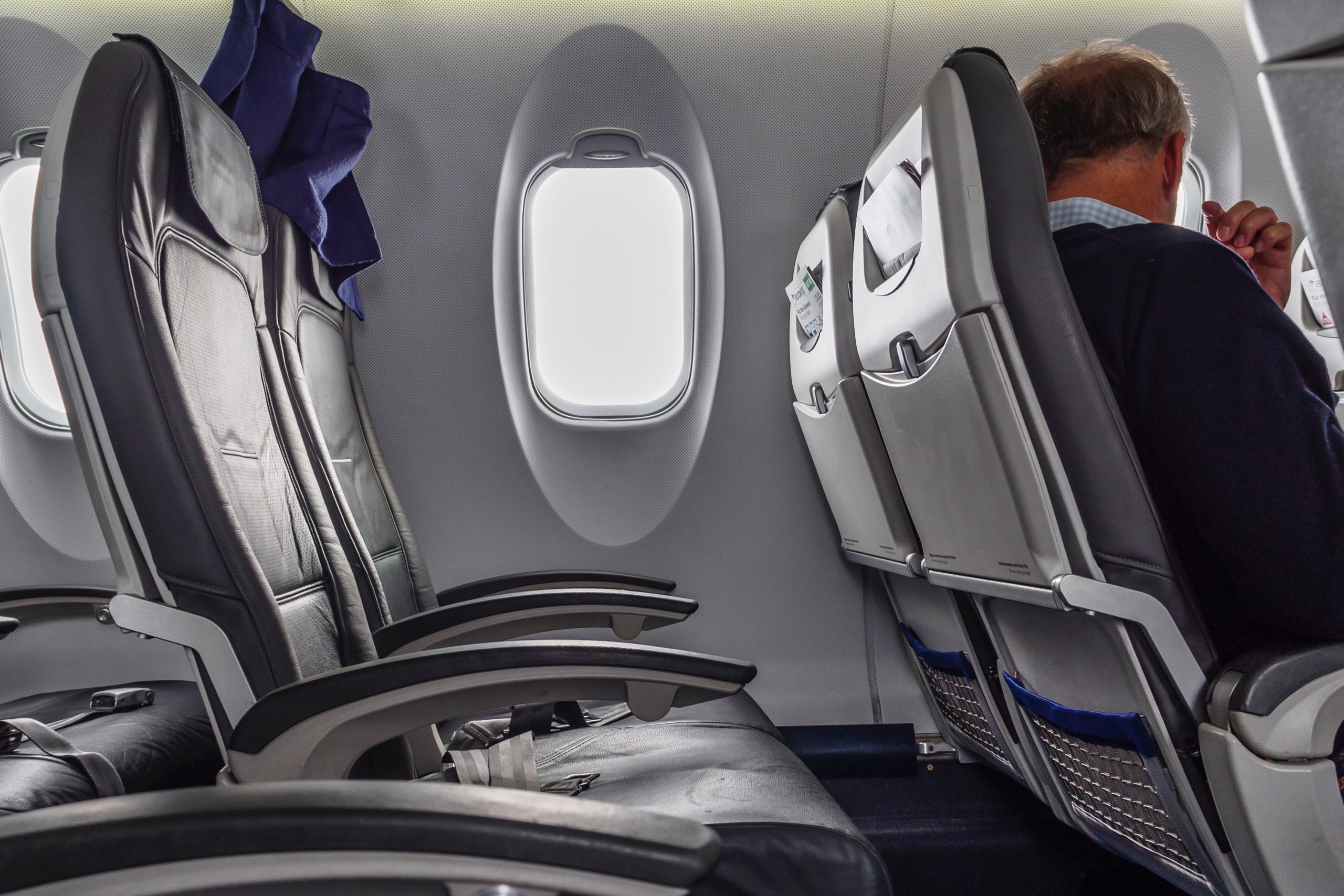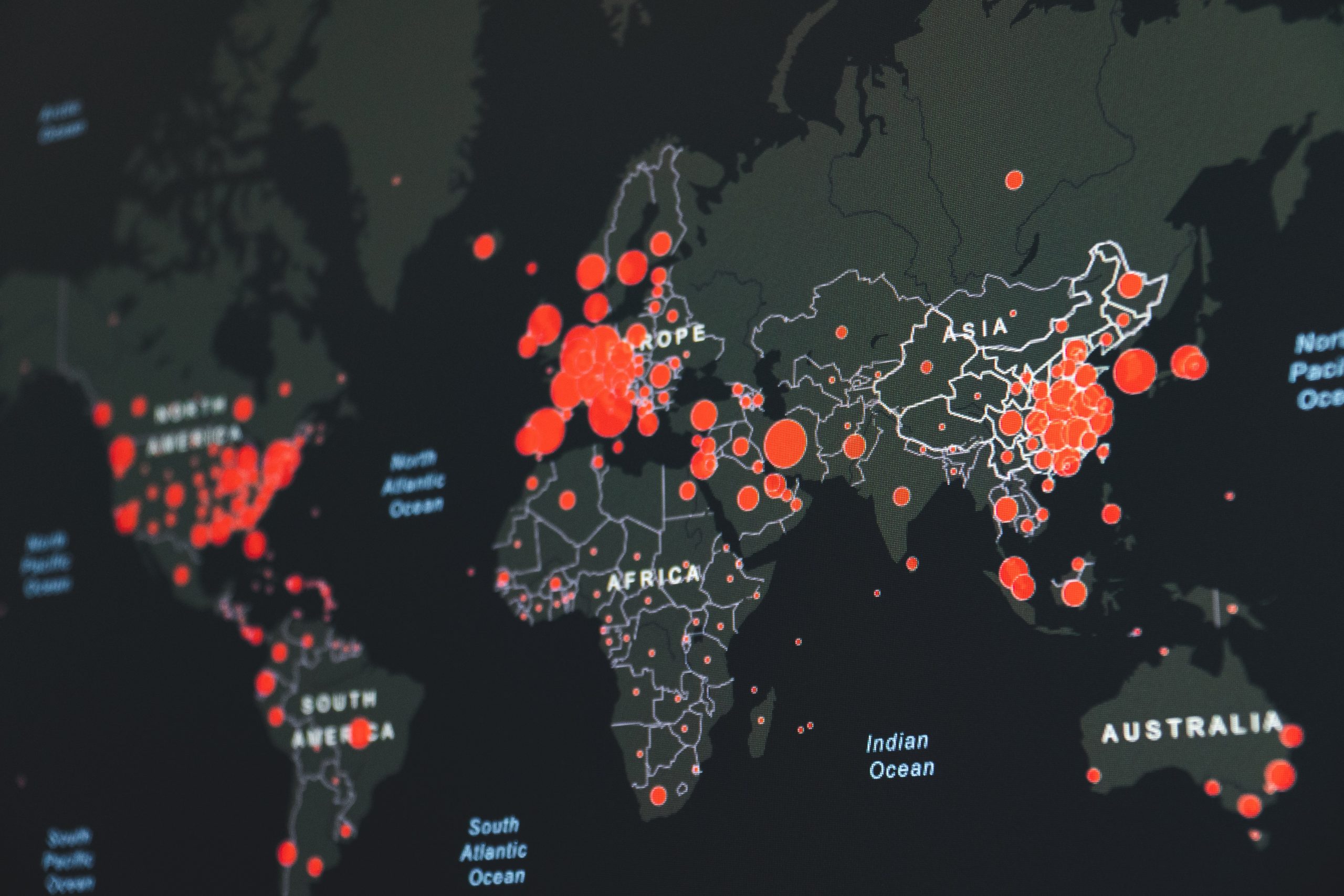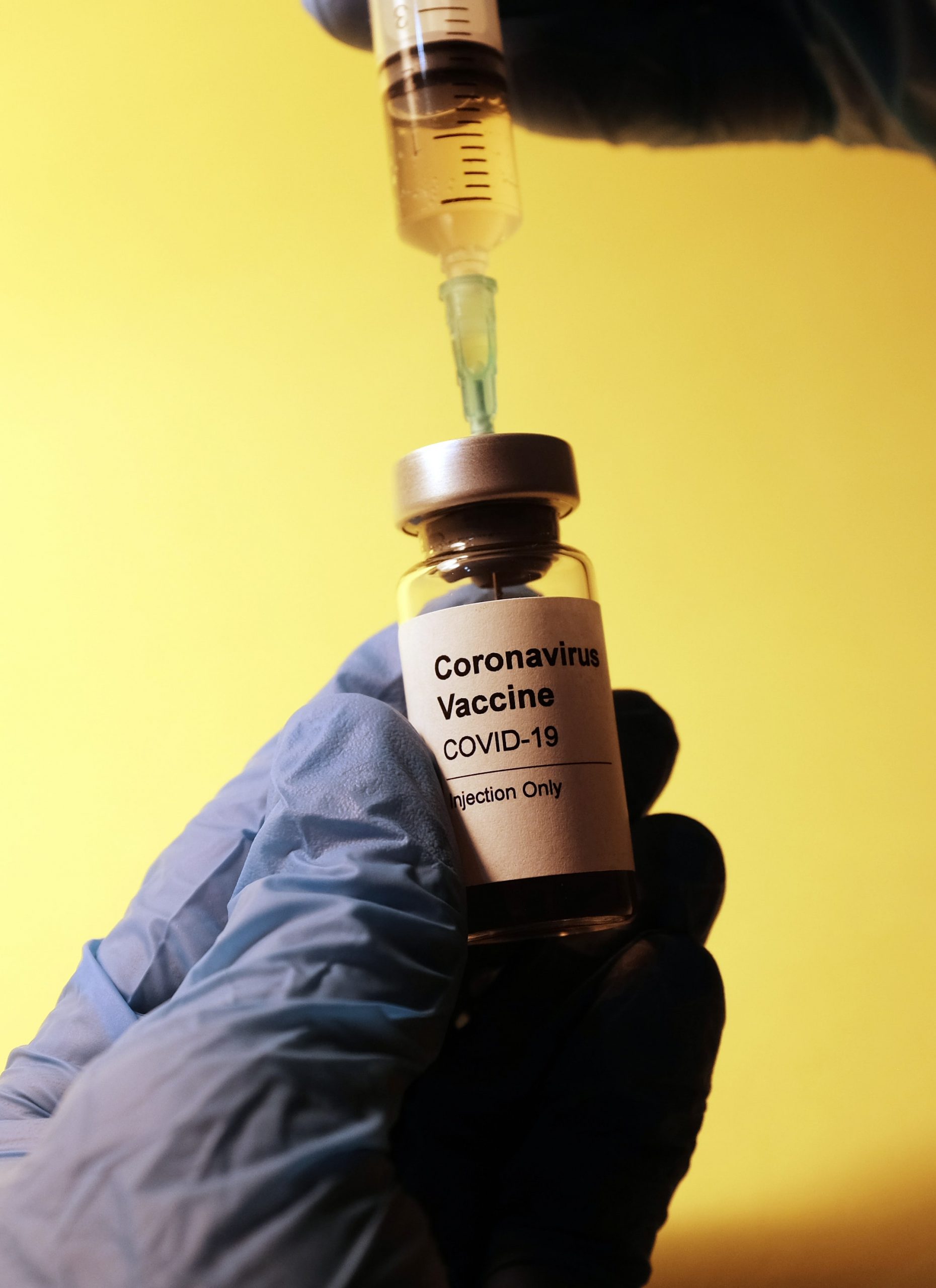We kick off the start of a brand-new week with some breaking news. On Tuesday, December 2, 2021, the Centers for Disease Control and Prevention (CDC) updated its international travel guidance to require all air passengers, regardless of vaccination status, to show a negative COVID-19 test taken no more than 1 day before travel to the United States starting today, Monday, December 6, 2021.
The CDC has also published a new webpage that summarizes the international travel requirements and recommendations for U.S. Citizens, Lawful Permanent Residents, and Immigrants. Another webpage also provides information for non-U.S. Citizens, non-U.S. immigrants traveling by air to the United States.
International Air Travel Guidance for non-U.S. Citizens and non-U.S. immigrants
Starting today, Monday December 6, 2021, all air passengers, regardless of vaccination status, must show a negative COVID-19 test taken no more than 1 day before travel to the United States.
Additionally, non-U.S. citizens and non-U.S. immigrants (those who are not a U.S. citizen, U.S. national, lawful permanent resident, or traveling to the United States on an immigrant visa) must be fully vaccinated against COVID-19 to travel to the United States by plane. Only limited exceptions apply.
Travelers are required to show a negative COVID-19 test result or documentation of recovery from COVID-19 when traveling to the United States by air.
Wearing a mask over your nose and mouth are also required in indoor areas of public transportation (including airplanes) traveling into, within, or out of the United States and indoors in U.S. transportation hubs (including airports).
What if I am not fully vaccinated?
Non-citizens who are nonimmigrants and seeking to enter the United States by air are required to show proof of being fully vaccinated against COVID-19 before boarding a flight to the United States from a foreign country.
If you are not fully vaccinated against COVID-19, you will NOT be allowed to board a flight to the United States, unless you meet the limited criteria for an exception under the Proclamation and CDC’s Order.
 Visa Lawyer Blog
Visa Lawyer Blog







